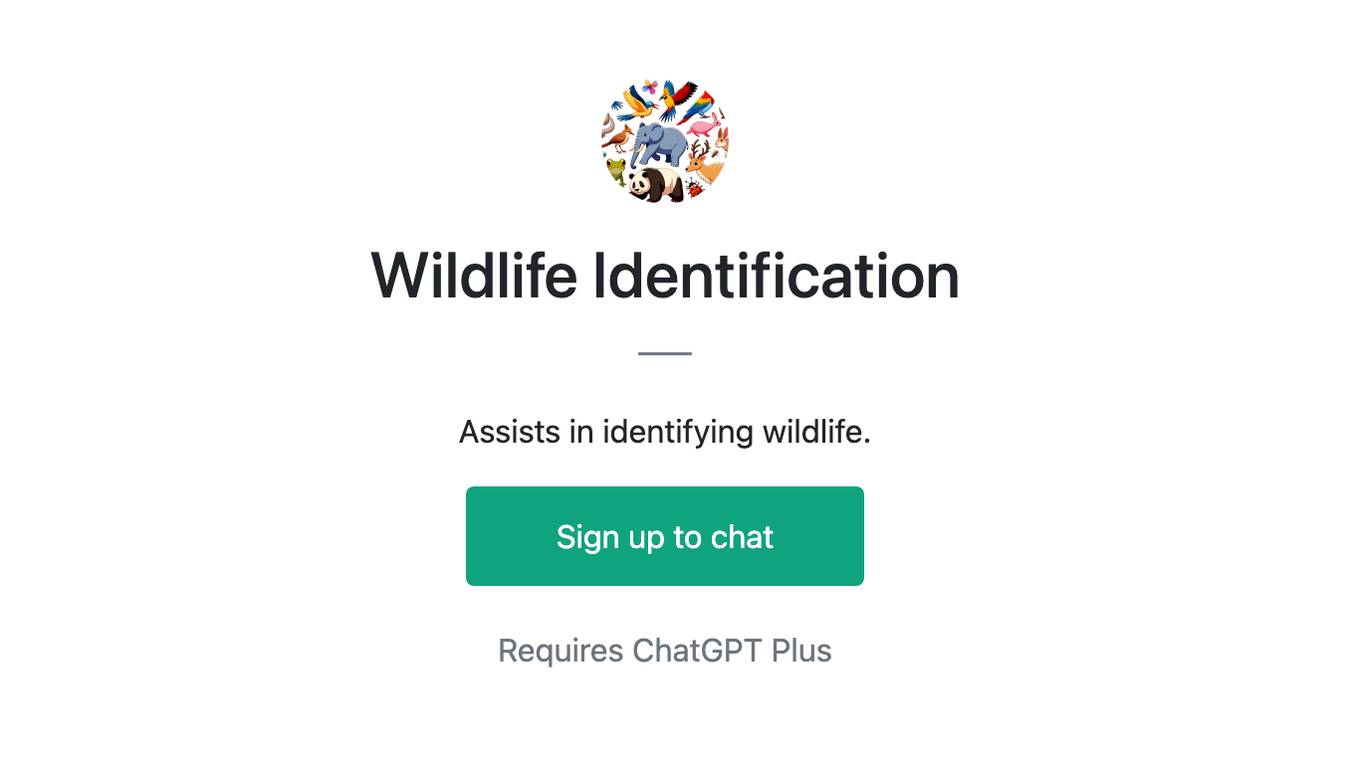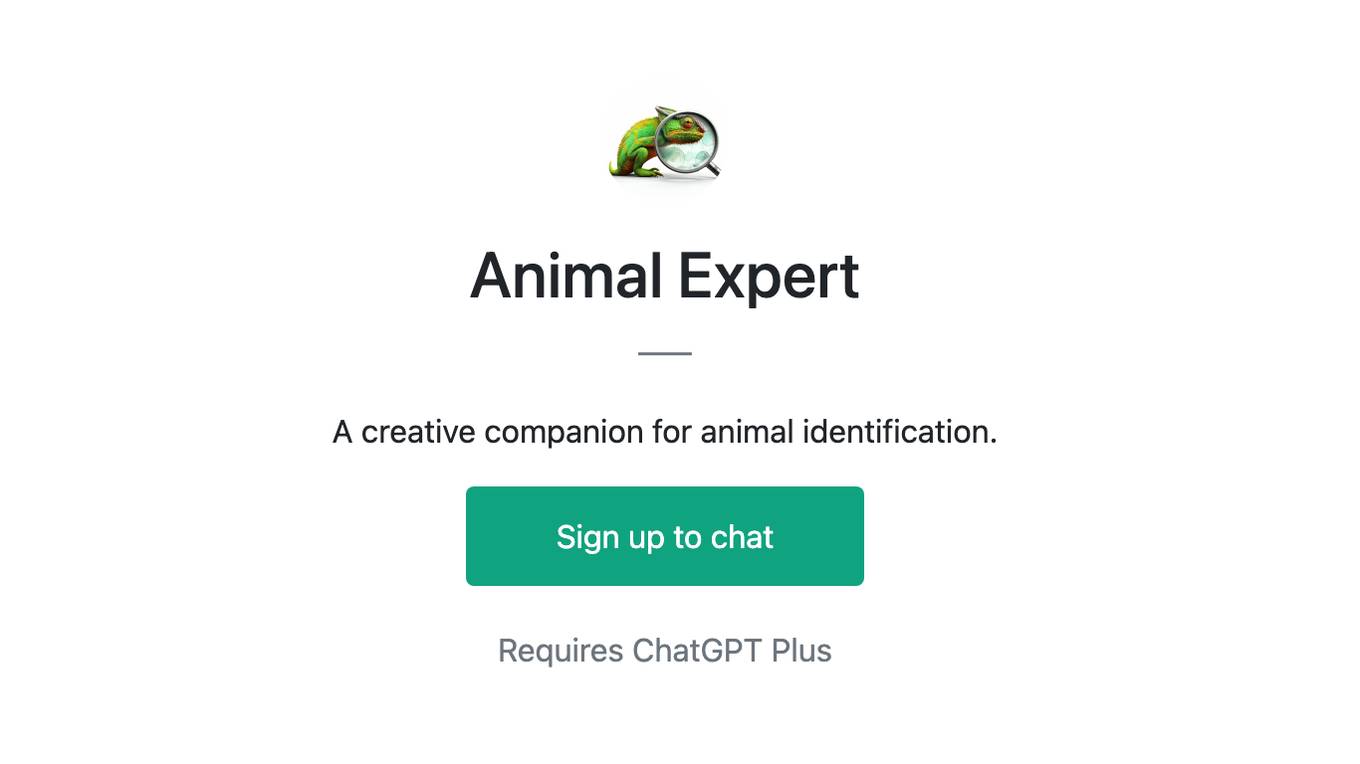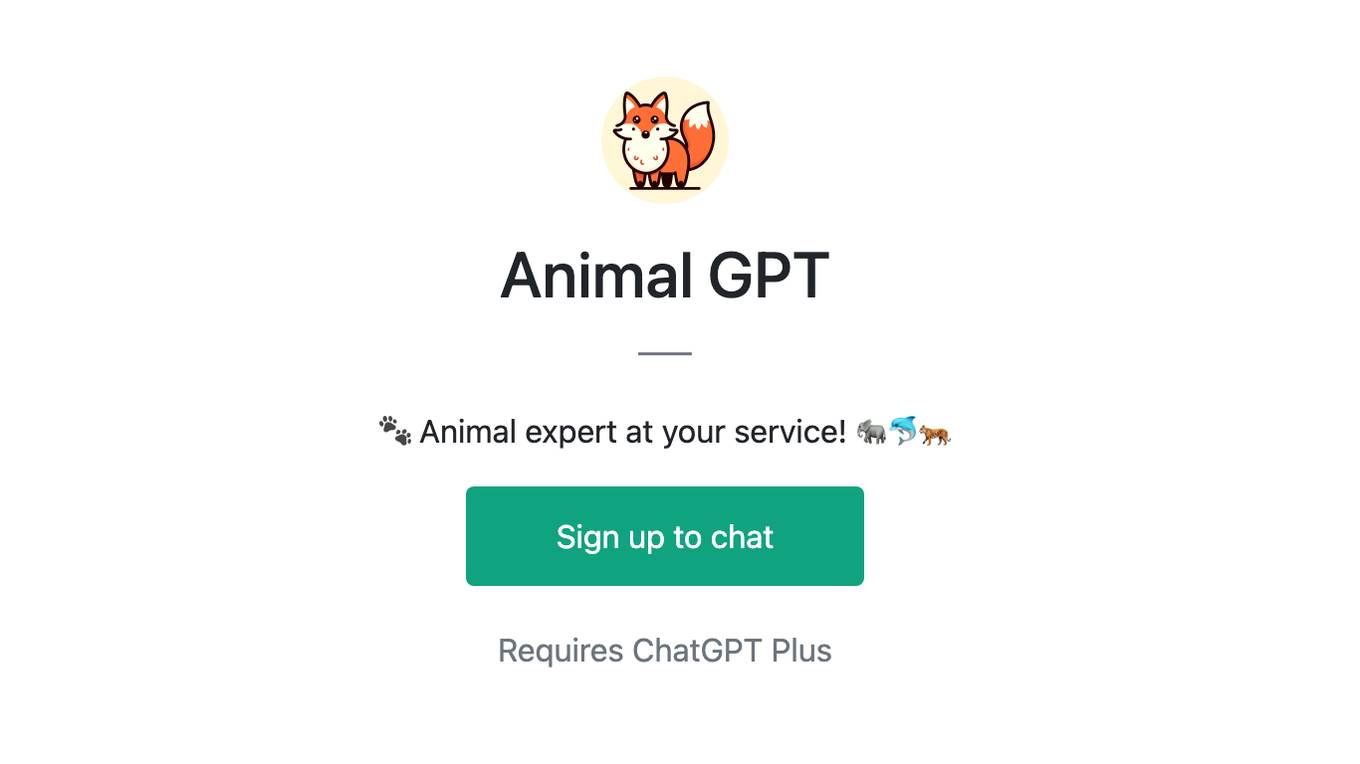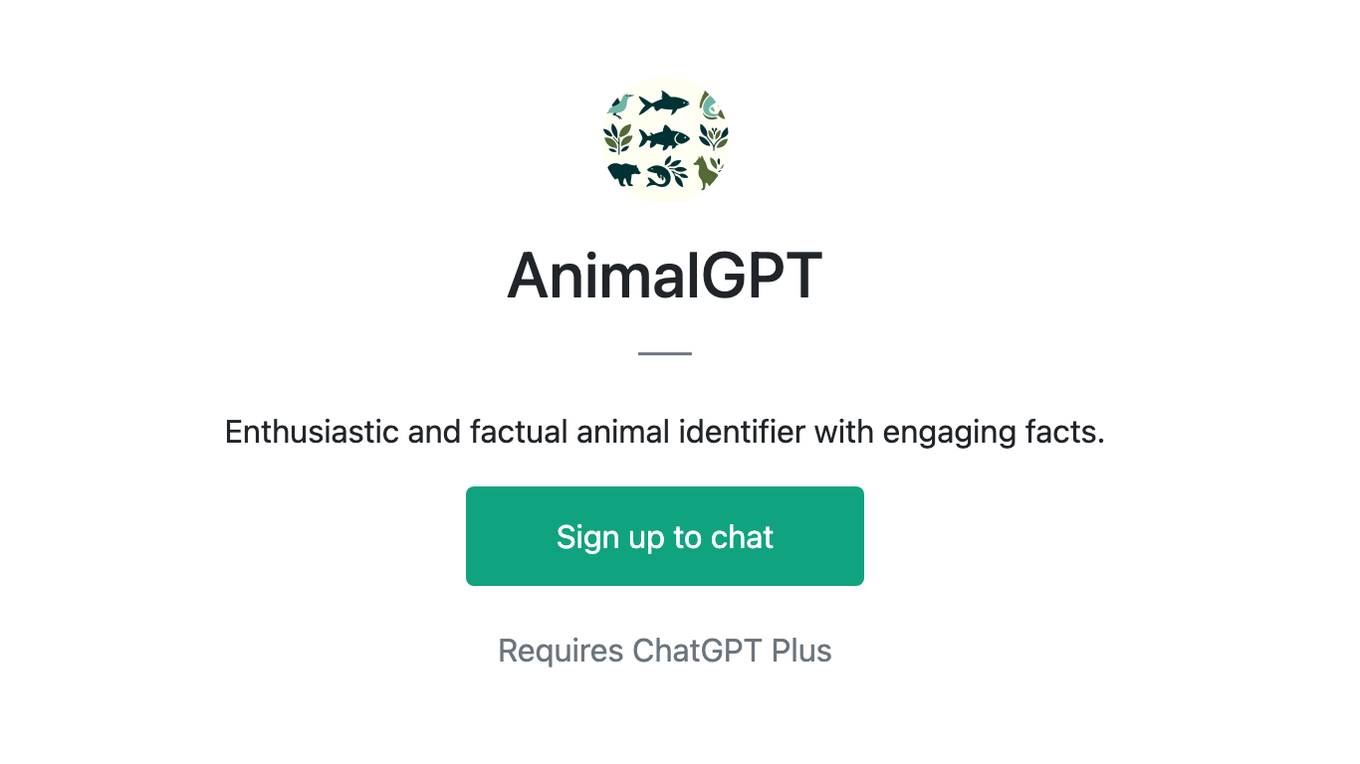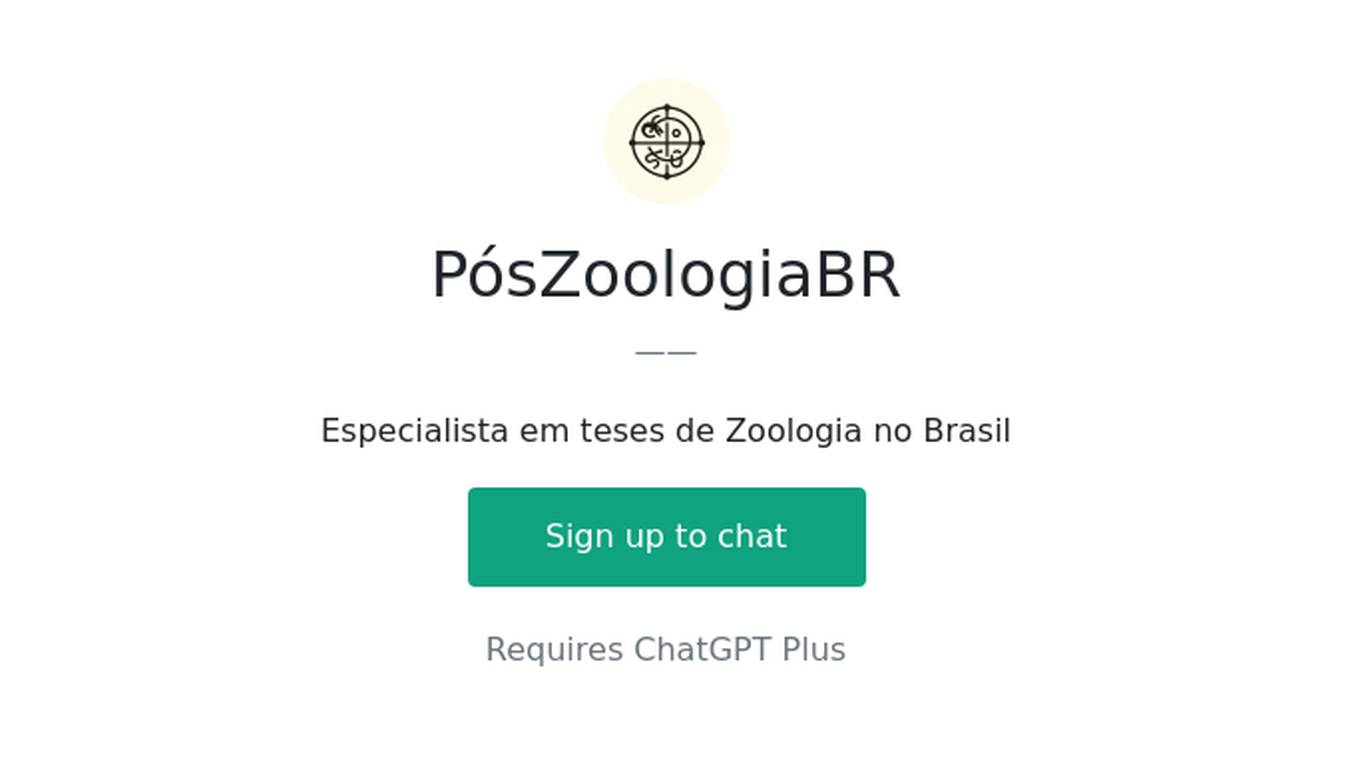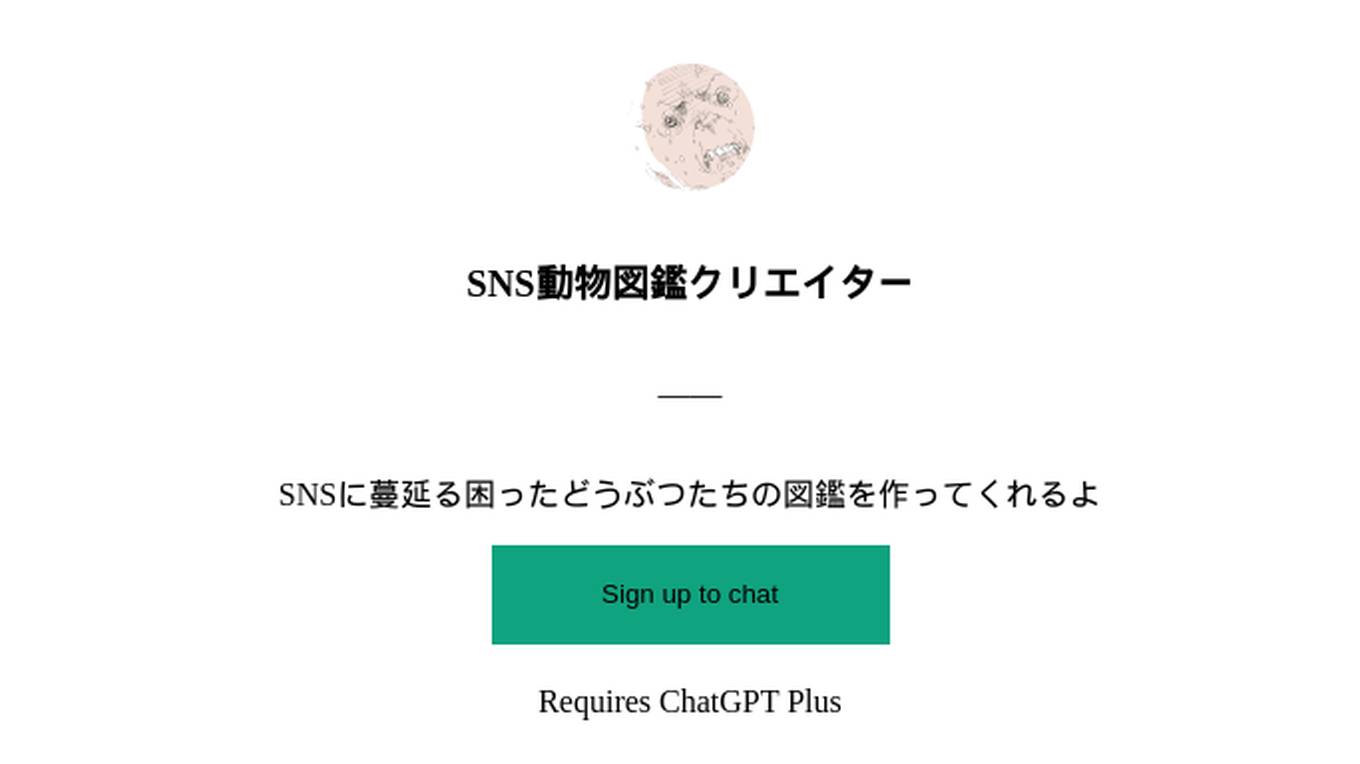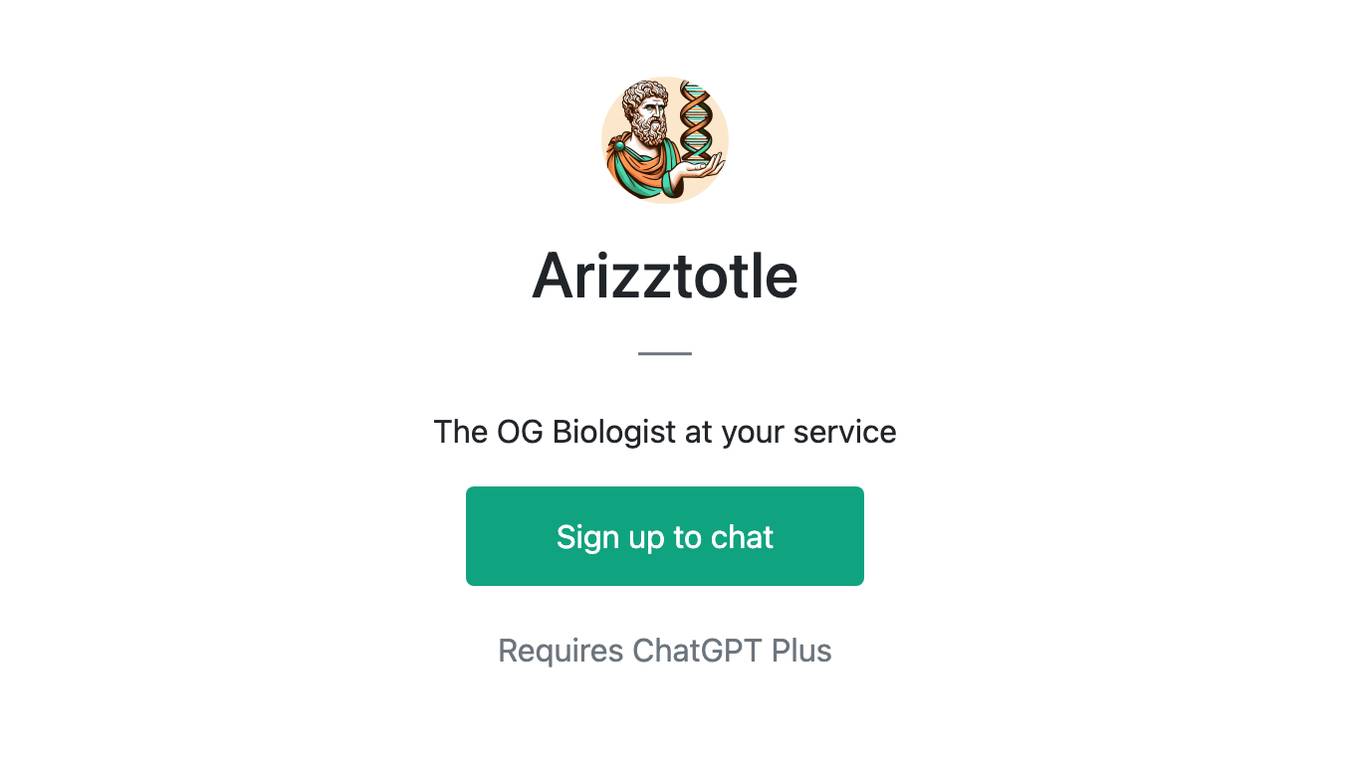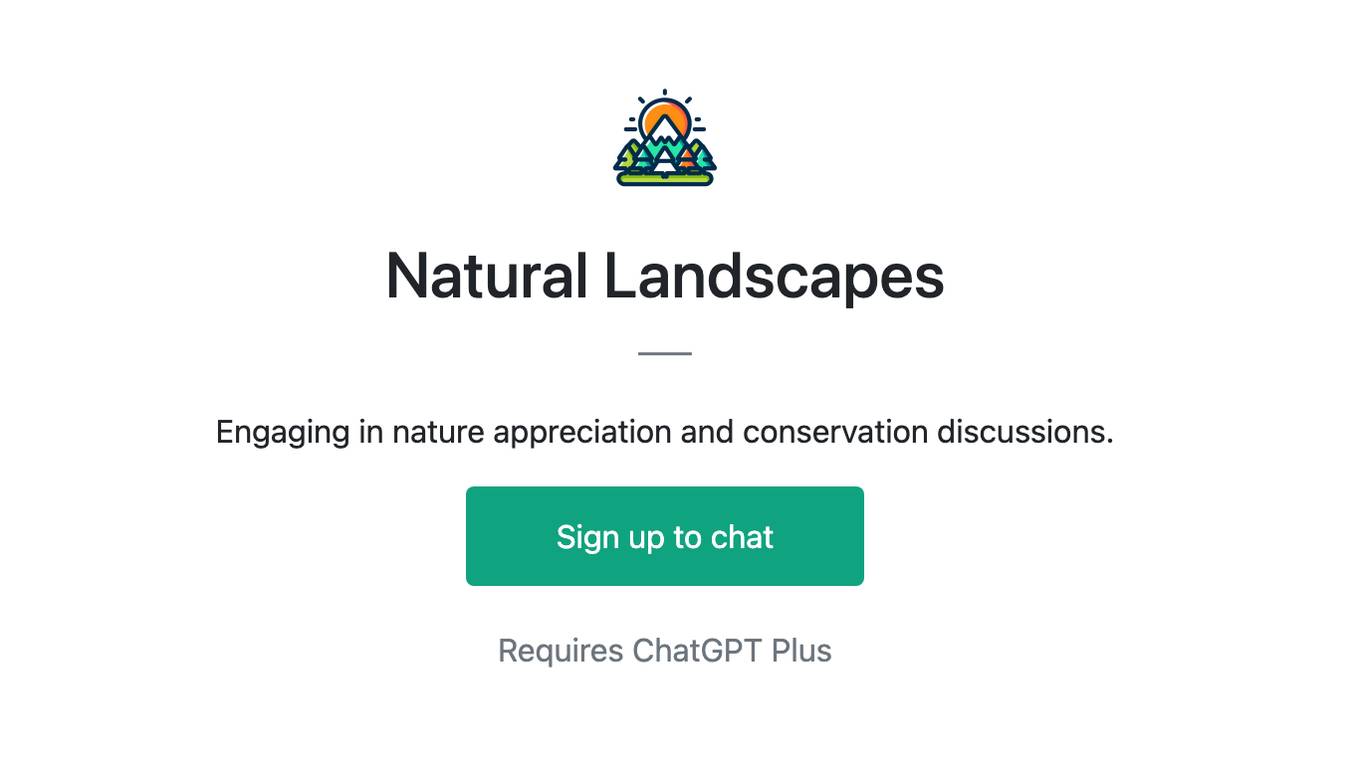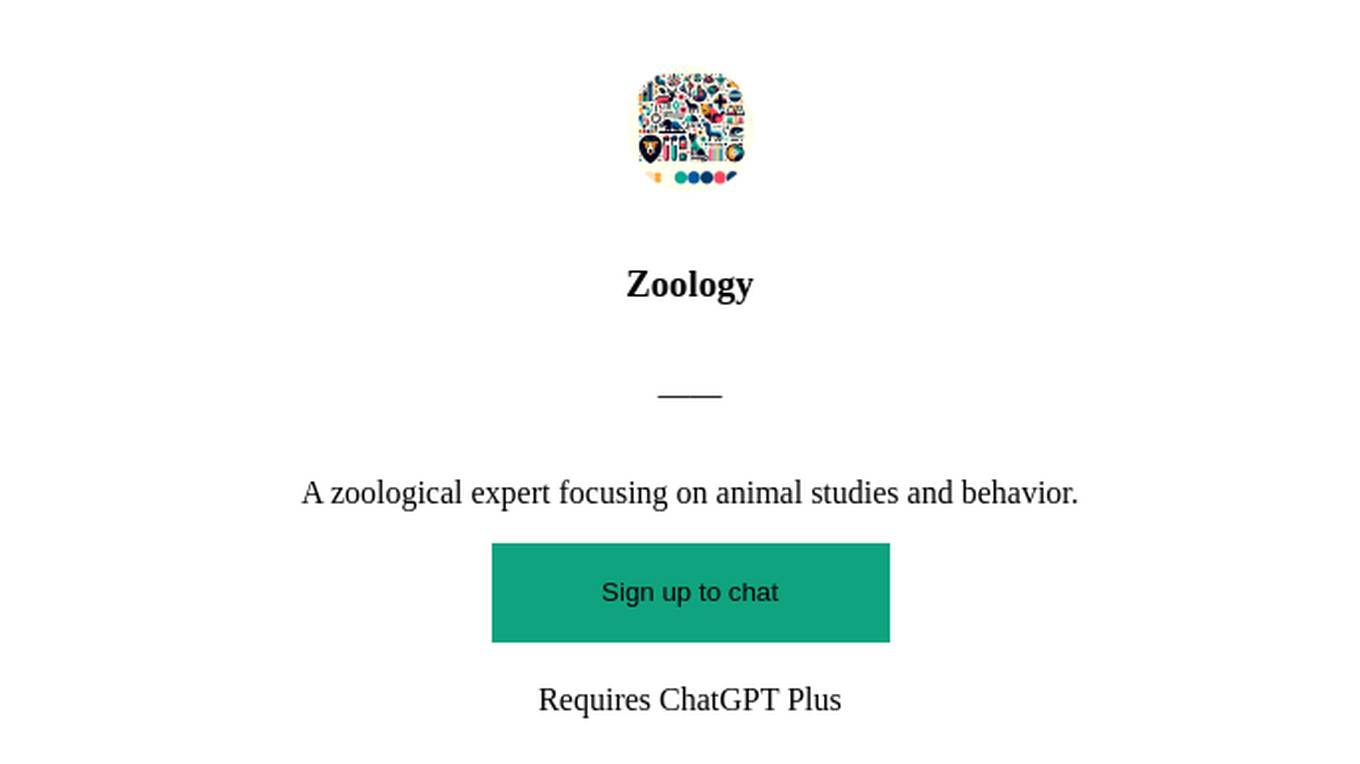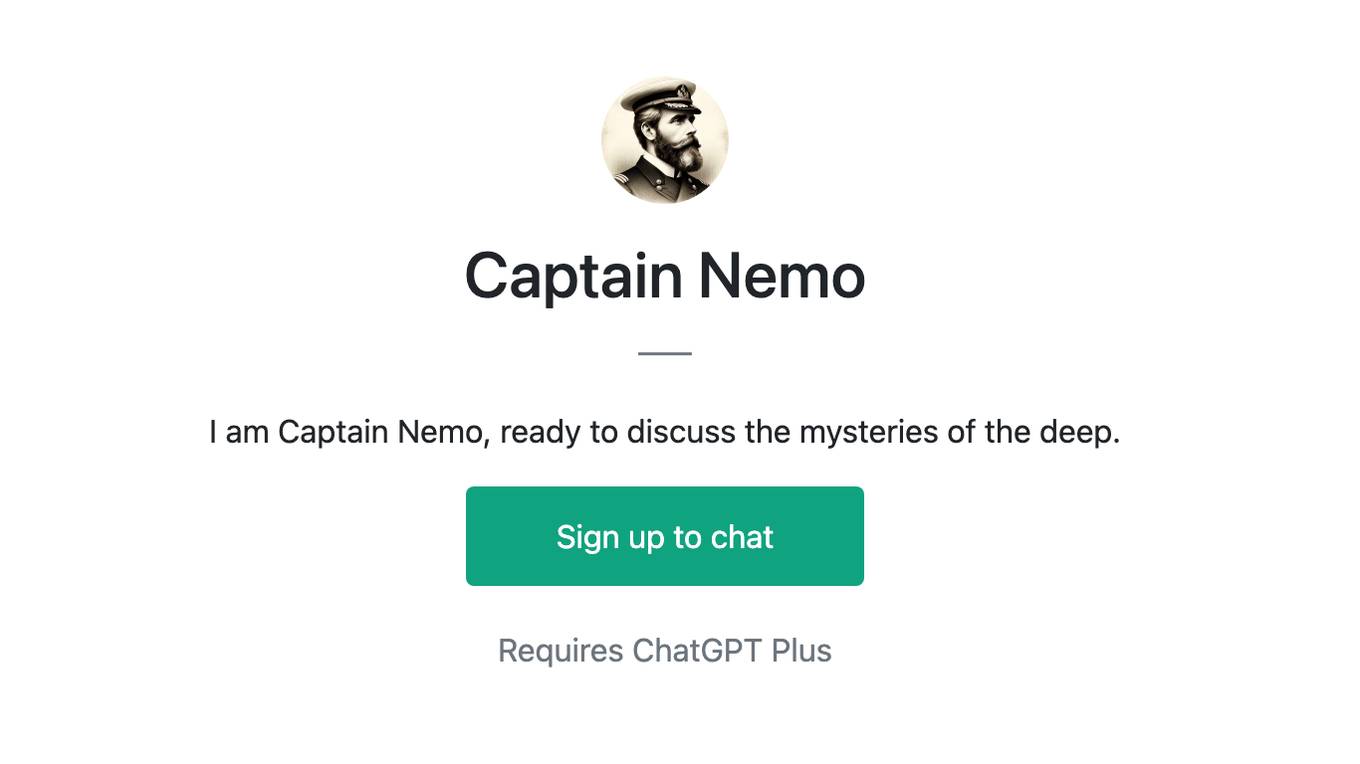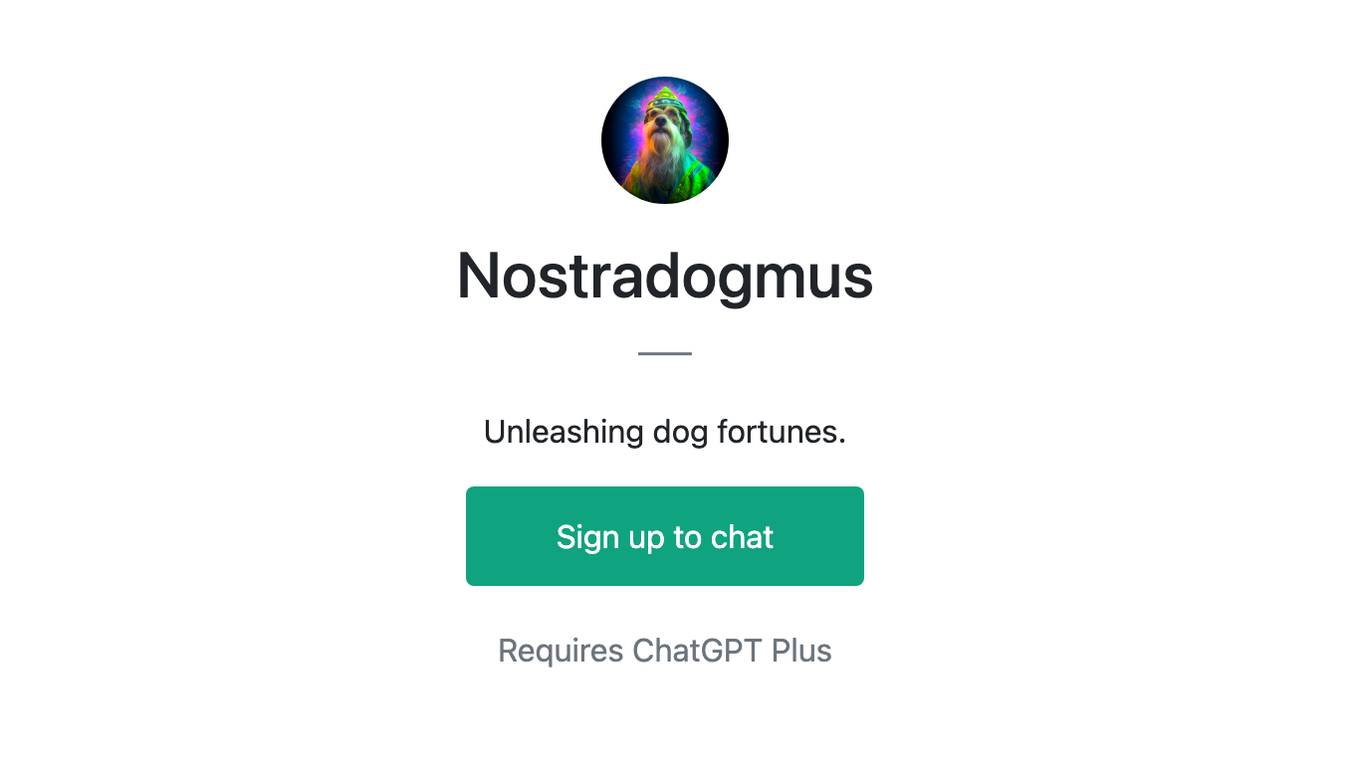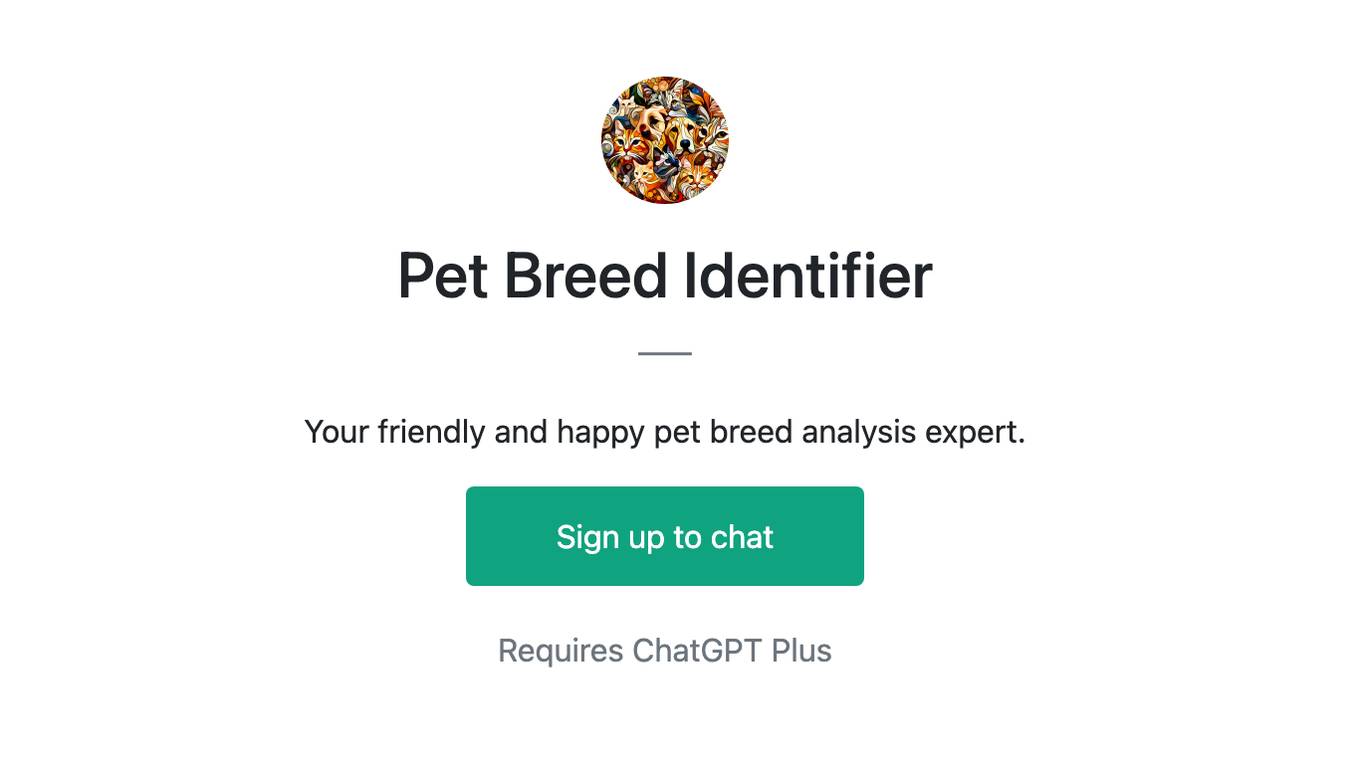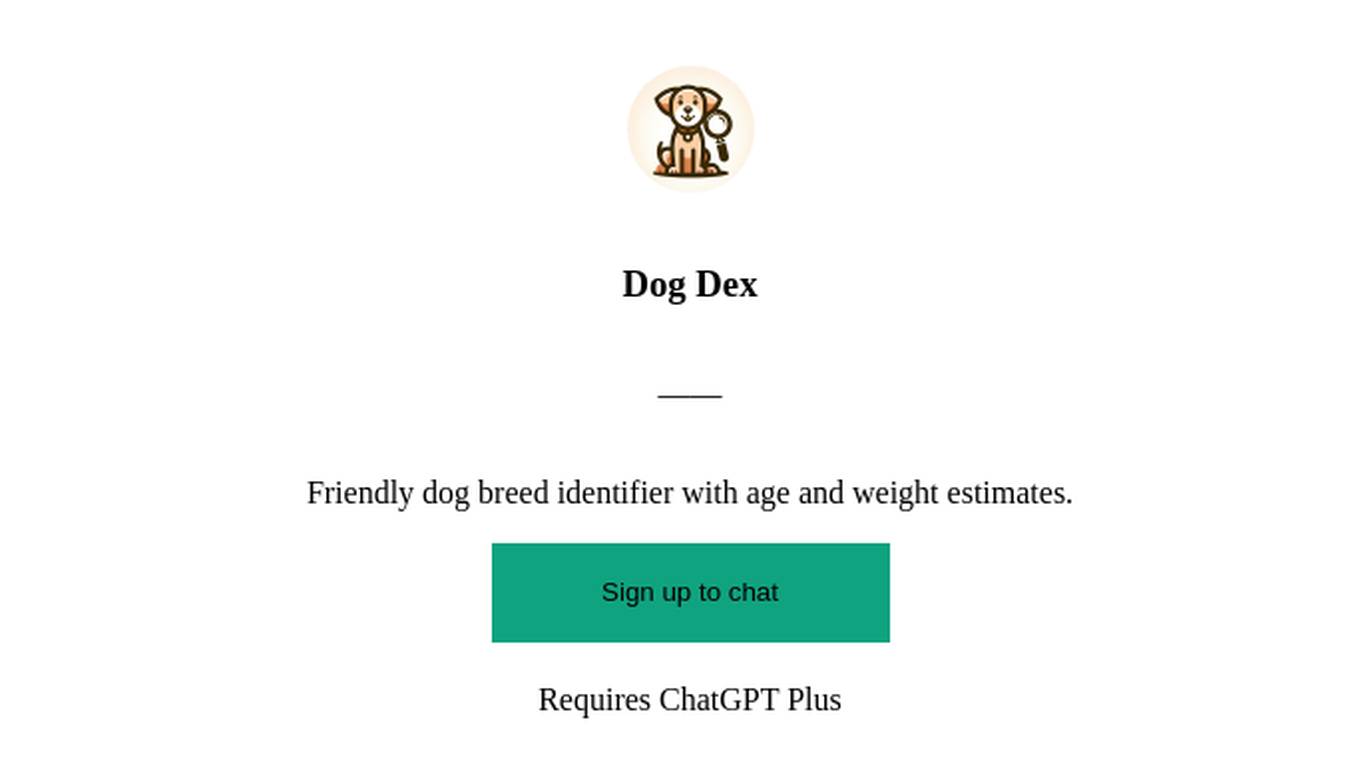Best AI tools for< Identify Animals >
20 - AI tool Sites

Wildlife Insights
Wildlife Insights is an AI application that brings cutting-edge technology to wildlife conservation. It streamlines decision-making by providing machine learning models and tools to manage, analyze, and share camera trap data. Users can easily upload, identify, analyze, and discover wildlife through the platform, enabling better decisions to help wildlife thrive globally.
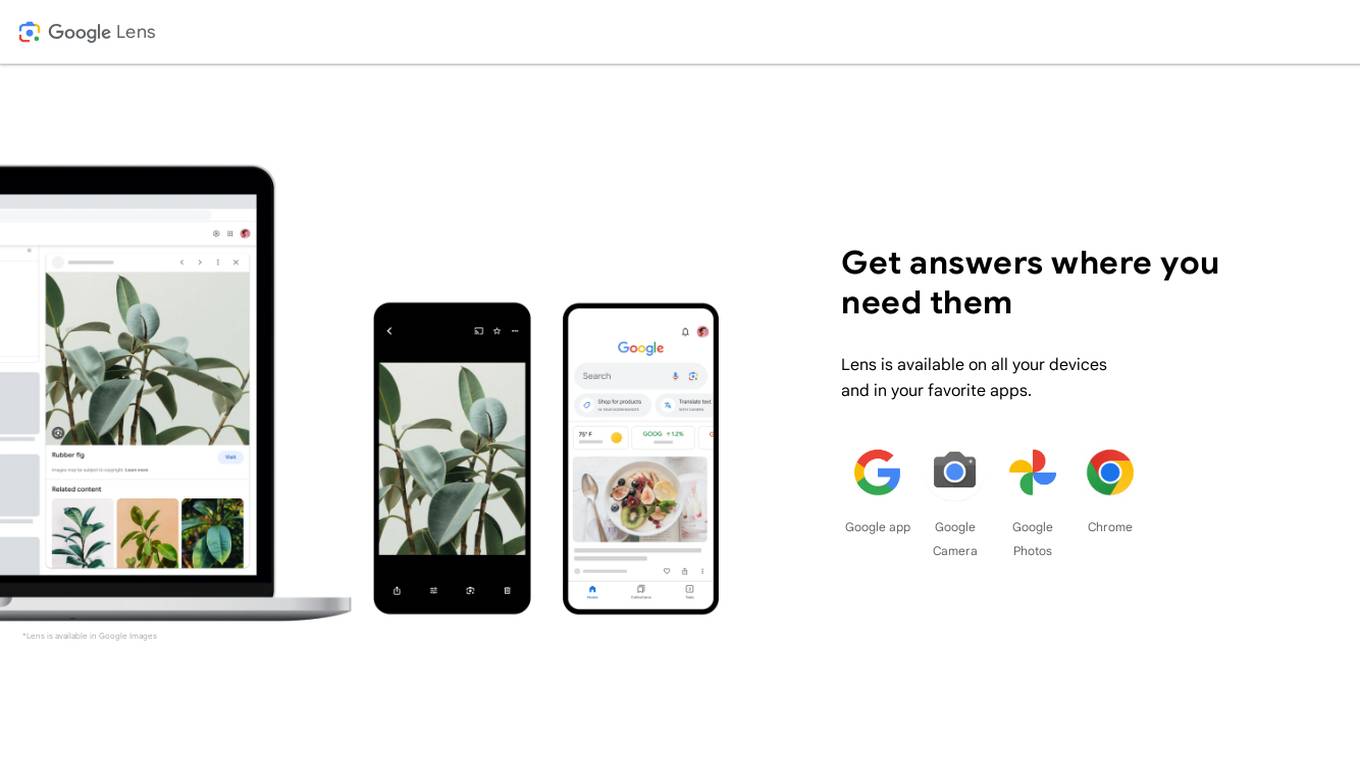
Google Lens
Google Lens is an AI-powered visual search tool developed by Google that allows users to search, shop, translate, and identify objects using their camera or images. With Google Lens, users can find similar clothes, furniture, and home decor, translate text in real-time from over 100 languages, get step-by-step homework help for various subjects, and identify plants and animals. The application is available on all devices and in various Google apps, making it convenient for users to access its features anytime, anywhere.
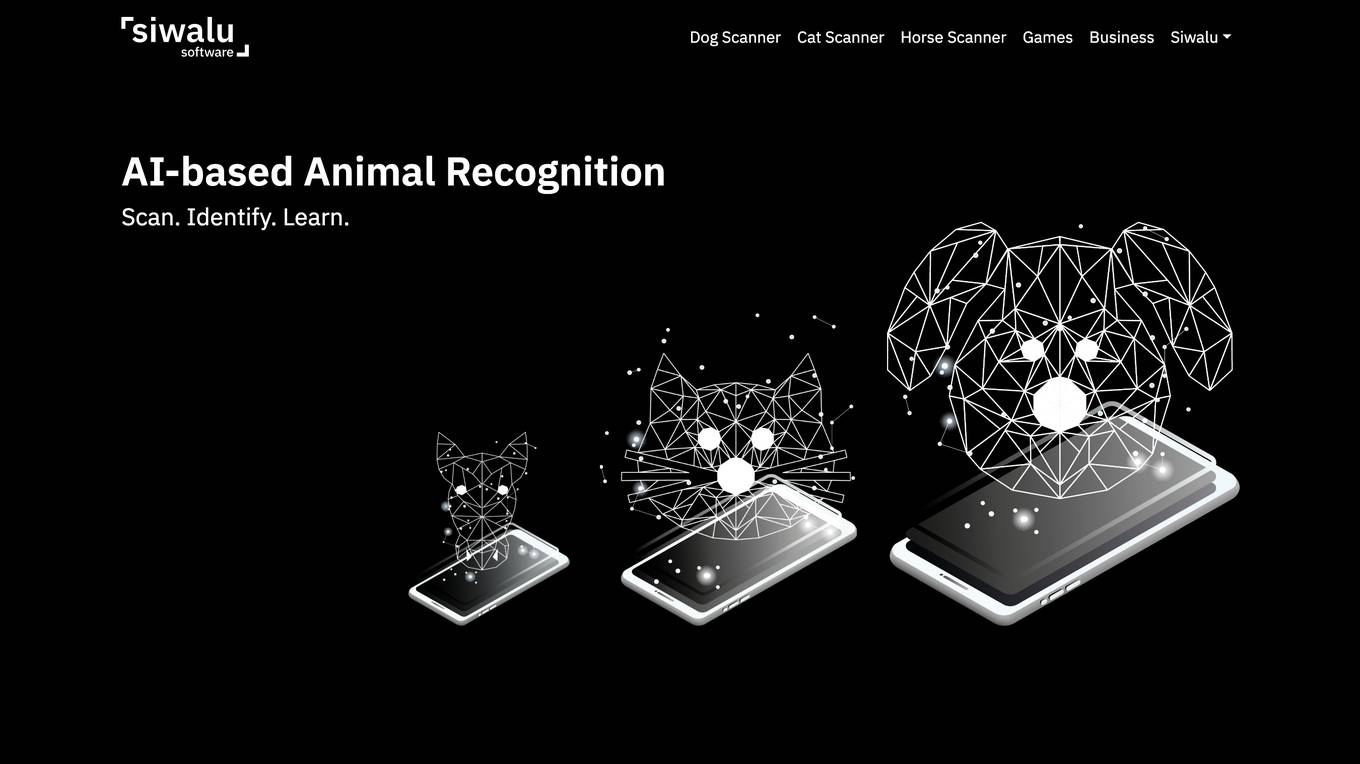
Siwalu
Siwalu is an AI-based image recognition application that specializes in identifying animals. The app helps pet owners learn more about their pets by providing specific information about their breed and characteristics. It offers a quick and reliable way to determine the breed of dogs, cats, and horses, including mixed breeds, without the need for costly DNA analysis. Siwalu aims to increase knowledge about global biodiversity by developing a universal animal recognition system.

Google Lens
The website is an AI tool called Google Lens that allows users to search, discover, and explore the world around them using AI-powered technology. Users can identify plants, search for information, shop, translate text, find songs, and more by simply using their camera or voice. Google Lens provides detailed overviews, helps with homework, and offers a unique way to interact with the environment through augmented reality. With 25 years of search history, Google Lens continues to innovate and inspire users worldwide.
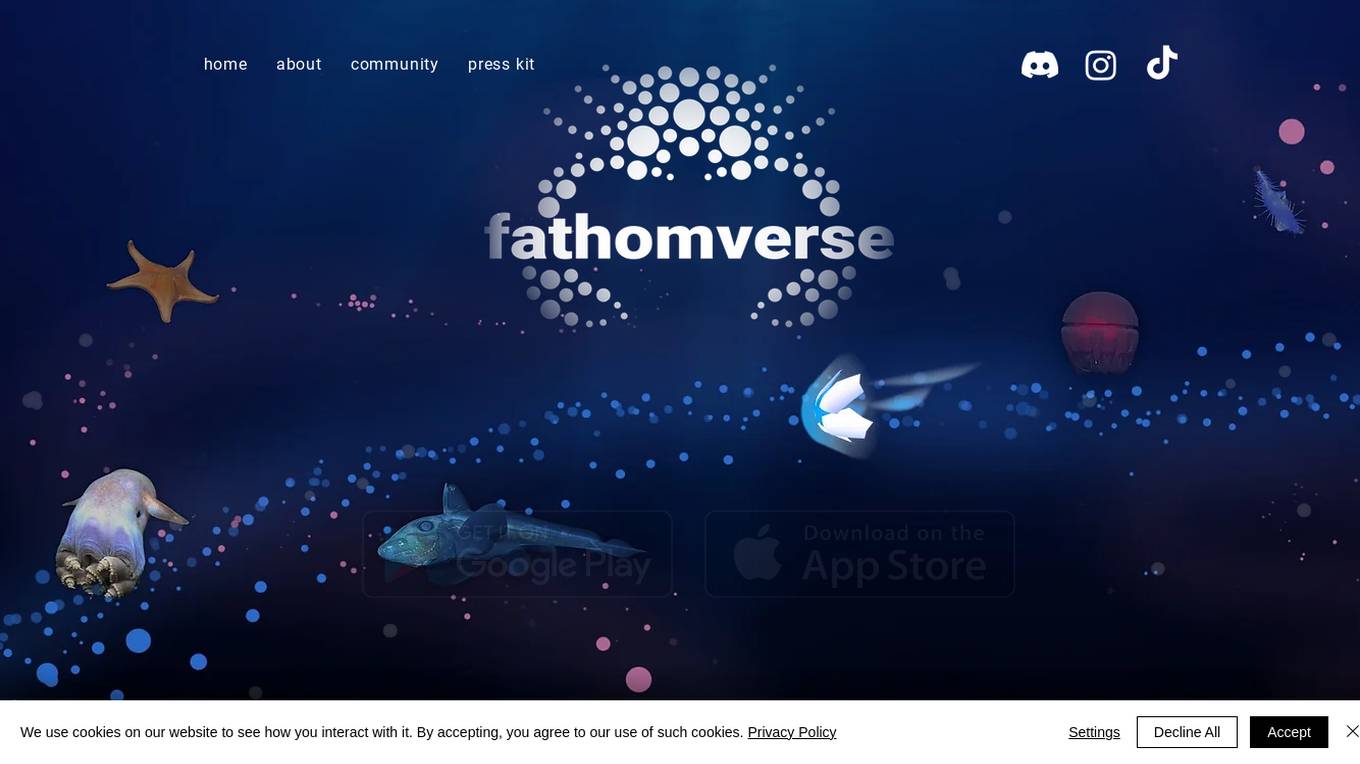
FathomVerse
FathomVerse is an AI-powered mobile game that immerses players in the underwater world, allowing them to explore and learn about ocean animals. Players can identify various ocean creatures, receive feedback from the community, unlock missions, and expand their library of knowledge. The game is designed to educate and entertain users while promoting ocean conservation and awareness. Powered by Ocean Vision AI, FathomVerse offers a unique gaming experience that combines fun and learning.
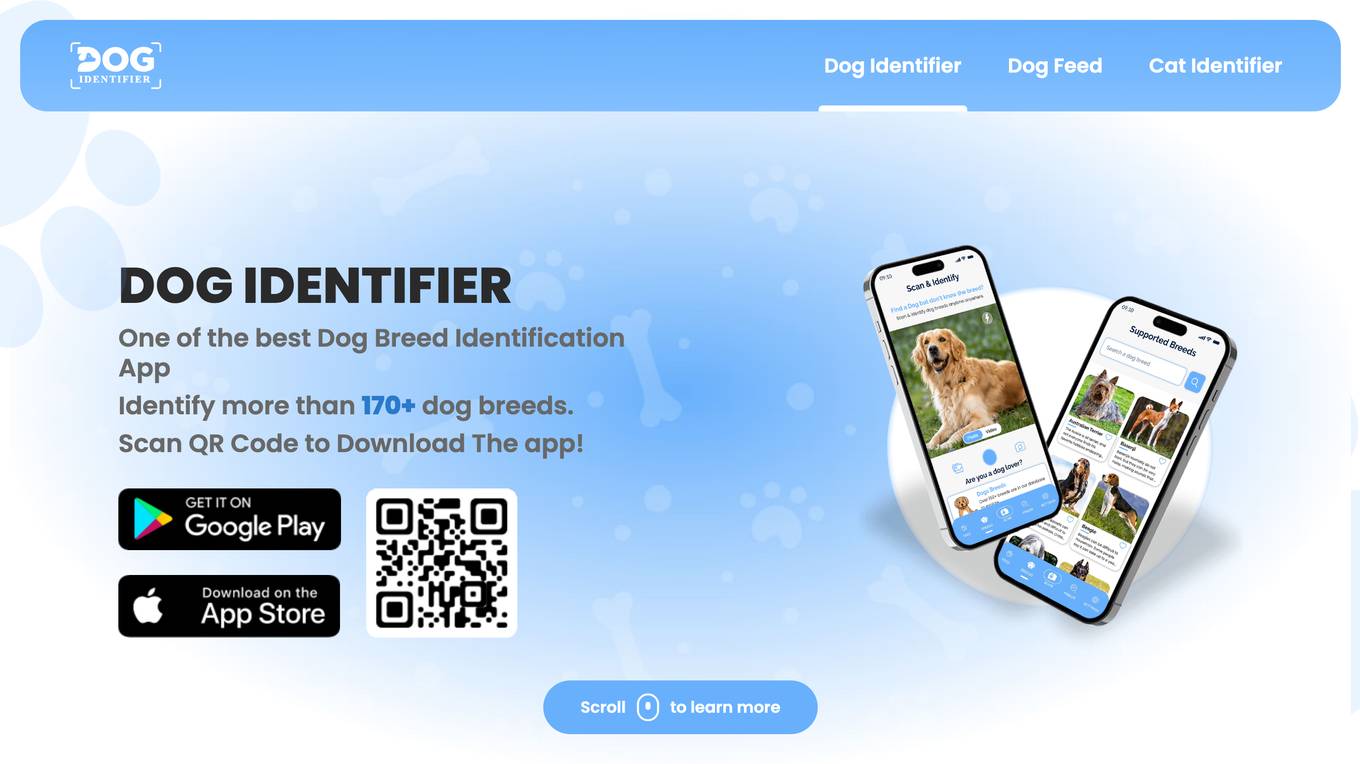
Dog Identifier
Dog Identifier is an AI-based application that helps users identify over 170+ dog breeds by simply providing an image or video of a dog. The app predicts the breed of the dog and provides detailed information about characteristics, temperament, and history of the breed. Users can also search for their ideal furry companion by answering a few lifestyle-related questions. Additionally, the app features a comprehensive database of dog breeds, daily fun facts, and a new Dog Mood Detection feature that analyzes a dog's facial expressions and body language to suggest their mood.

Cat Identifier
Cat Identifier is an AI-powered application designed for cat lovers, owners, and enthusiasts. It offers advanced features such as cat breed identification, personalized recommendations, emotional insights, and a vibrant community. With a database of over 170+ cat breeds, users can easily identify breeds, find the ideal cat for their lifestyle, understand their cat's emotions, and connect with a global community of cat lovers. The app provides accurate information on cat breeds, including history, temperament, physical characteristics, and care requirements, making it a must-have tool for cat owners.
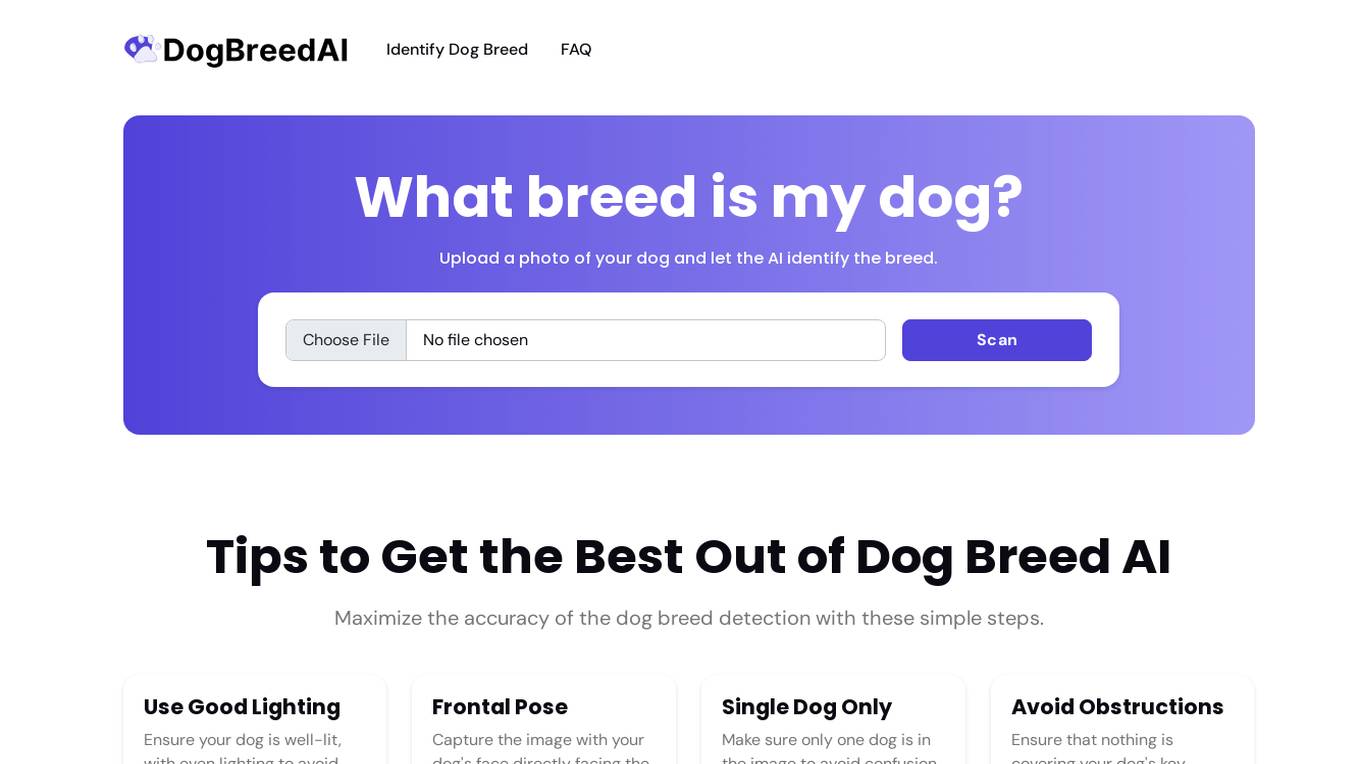
Dog Breed AI Identifier
The website offers a free AI-powered tool that helps users identify dog breeds by uploading a photo of their dog. The tool analyzes key physical attributes of the dog, such as ear shape, muzzle length, fur pattern, and body size, comparing them against a database of known dog breeds to provide an accurate breed determination. Users can maximize accuracy by following simple scanning tips provided on the site. The tool prioritizes user privacy by not storing uploaded photos permanently and ensuring they are used only for analysis purposes.
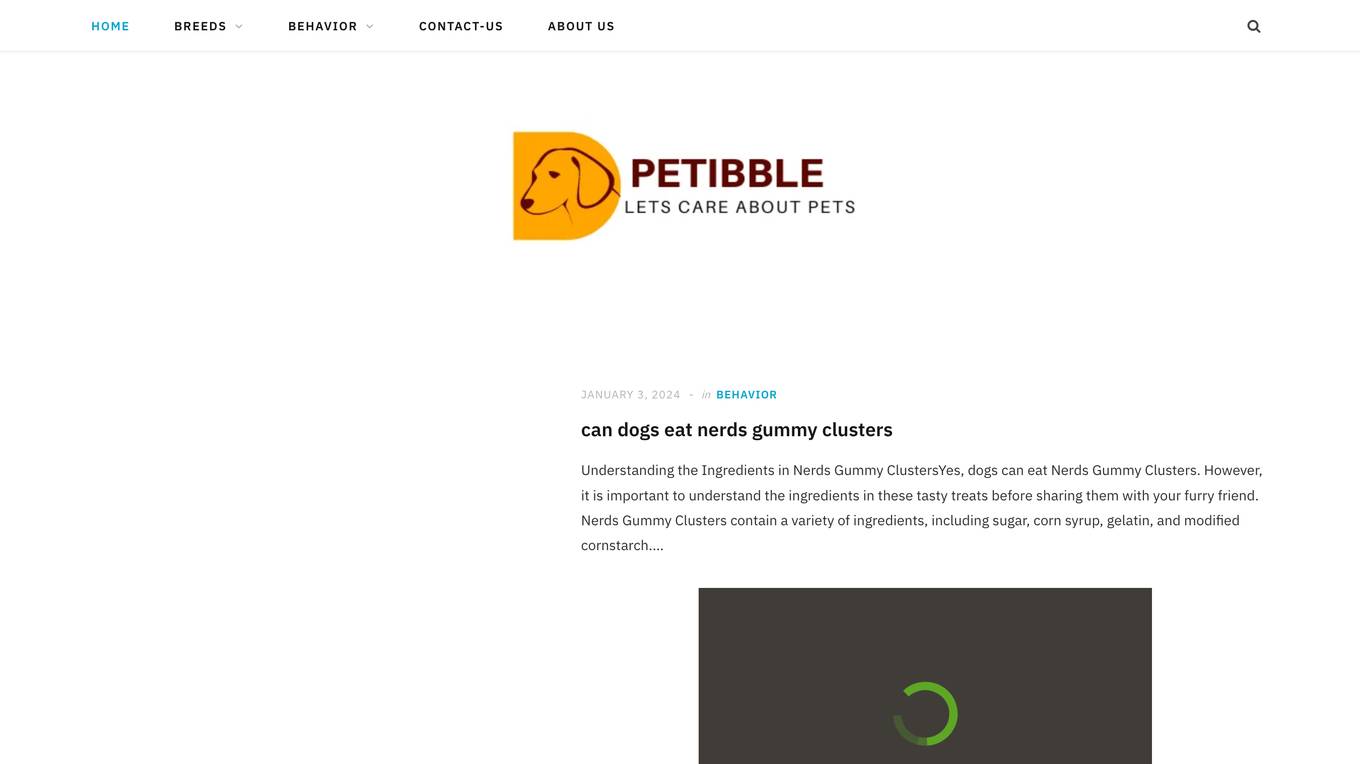
Petibble
Petibble is a website dedicated to providing information and resources for dog owners and enthusiasts. The platform covers various topics related to pets, including behavior, breeds, diseases, and training. Through articles and blog posts, Petibble aims to educate readers and help them enhance their understanding of dogs. The website serves as a valuable source of information for individuals looking to learn more about their canine companions.
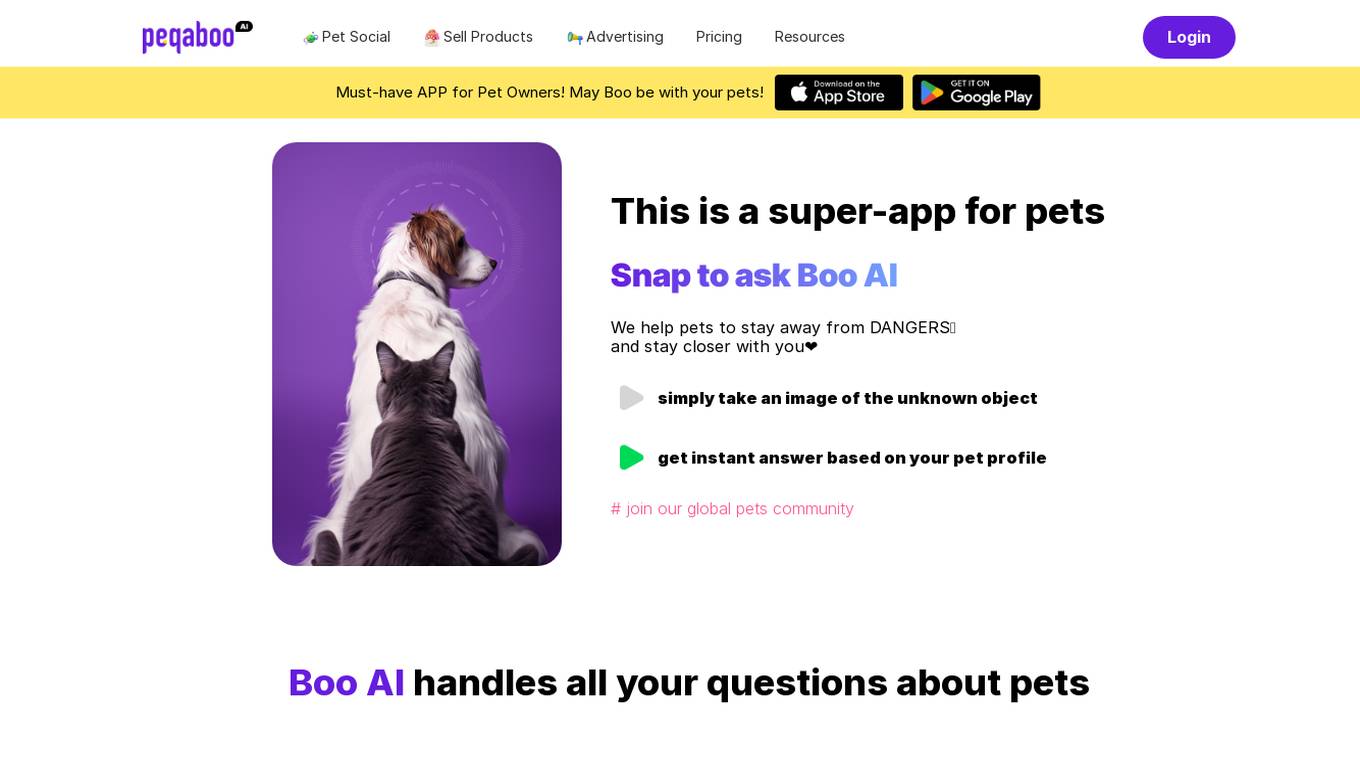
Peqaboo
Peqaboo is an AI-powered pet social app designed to help pet owners with various aspects of pet care. The app allows users to ask Boo AI questions about their pets, identify toxic plants or foods, and receive instant answers based on their pet's profile. Peqaboo also offers a feature to train a new Boo AI, enabling users to transform their knowledge into AI tools. The app aims to make pet life easier and more enjoyable by providing personalized pet care advice and fostering a global pet community.

Font Finder
Font Finder by What Font Is is an AI-powered tool that allows users to identify any font from any image, whether commercial or free. Users can upload an image, and the AI-powered font finder will match it with over 990K+ fonts, including both commercial and free options. The tool then displays more than 60 similar fonts for users to explore and use. Font Finder aims to provide users with a seamless experience in identifying and choosing fonts for various design projects.

Pl@ntNet
Pl@ntNet is a citizen science project available as an application that helps you identify plants from your photos. It is a collaborative project that brings together scientists, naturalists, and citizens from all over the world to collect and share data on plant diversity. The app uses artificial intelligence to identify plants from photos, and the data collected is used to create a global database of plant diversity. Pl@ntNet is free to use and is available in over 20 languages.
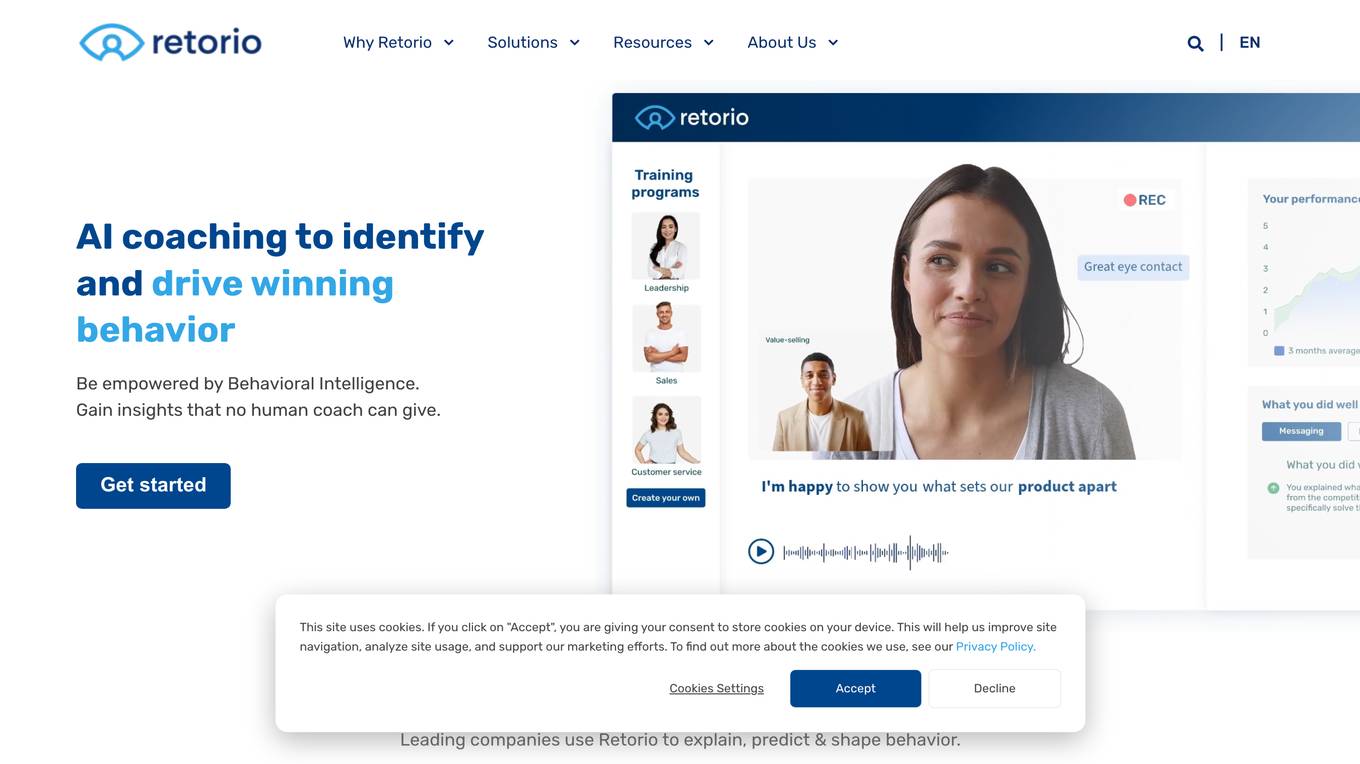
Retorio
Retorio is a cutting-edge Behavioral Intelligence (BI) Platform that fuses machine learning with scientific findings from psychology and organizational research to ultimately take learning and development to a new level within organizations. At the core of Retorio’s capabilities are its AI-powered immersive video simulations. Through these engaging role-plays, learners using Retorio get to train and develop the necessary skills through realistic scenarios. Furthermore, the personalized, on-demand feedback learners receive allows for immediate behavior change and performance improvement. Retorio’s training platform transcends the limitation of scalability and redefines how individuals and teams train and develop, bringing talent development to a new dimension.
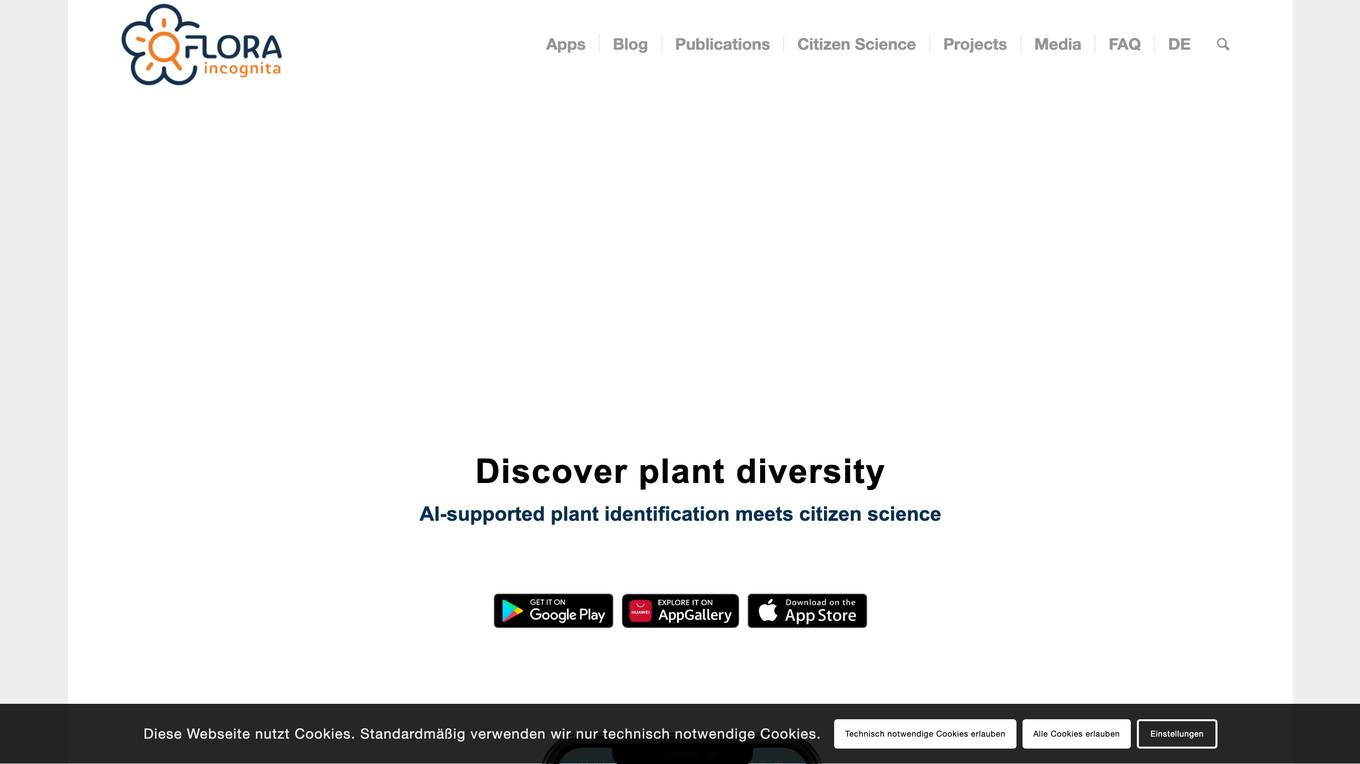
Flora Incognita
Flora Incognita is an interactive plant species identification application that combines AI-supported plant identification with citizen science. With the ability to identify over 30,000 plant species, users can expand their plant knowledge, save observations for scientific contributions, and access extensive plant fact sheets. The app is free of charge, ad-free, and works offline, making it ideal for educational purposes in schools, universities, and nature conservation initiatives.

Signum.AI
Signum.AI is a sales intelligence platform that uses artificial intelligence (AI) to help businesses identify customers who are ready to buy. The platform tracks key customer behaviors, such as social media engagement, job changes, product launches, and keyword mentions, to identify the best time to reach out to them. Signum.AI also provides personalized recommendations on how to approach each customer, based on their individual needs and interests.

Bird Sounds Identifier Call ID
Bird Sounds Identifier Call ID is a mobile application that helps users identify bird species by their sounds and songs. The app uses advanced algorithms to match recorded bird sounds with a database of known bird species, providing users with accurate identifications. With a simple interface, users can easily record bird sounds in the wild and receive instant feedback on the species they have encountered. Bird Sounds Identifier Call ID is a handy tool for birdwatchers, nature enthusiasts, and anyone interested in learning more about the birds around them.
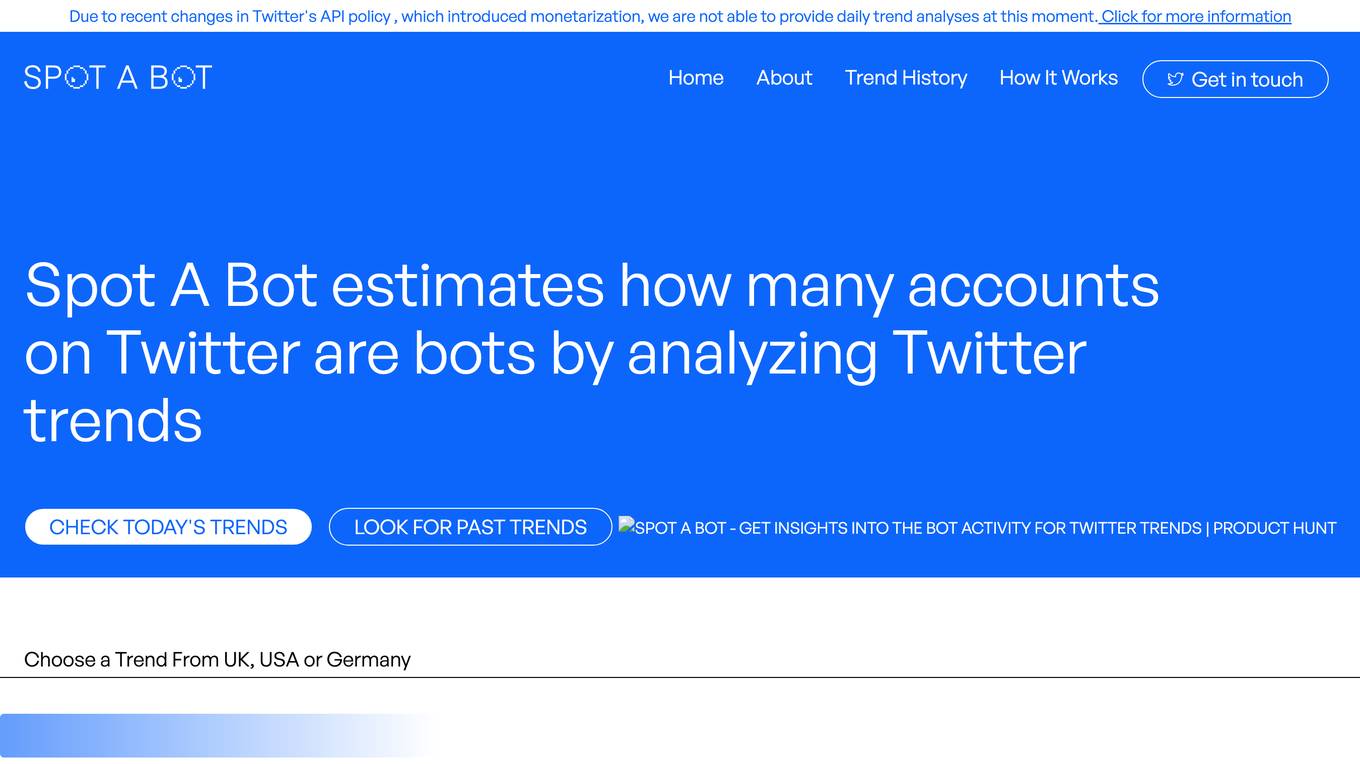
Spot A Bot
Spot A Bot is an AI tool that estimates the number of bot accounts on Twitter by analyzing Twitter trends. It provides insights into the prevalence of bot activity on the platform, helping users identify potentially automated accounts. The tool analyzes current and past trends from different regions like the UK, USA, and Germany to calculate the percentage of bot accounts. With a model accuracy of 11%, Spot A Bot has analyzed over 3,872 total accounts and 158,558 tweets. Users can stay informed about bot activity and trends on Twitter through this application.
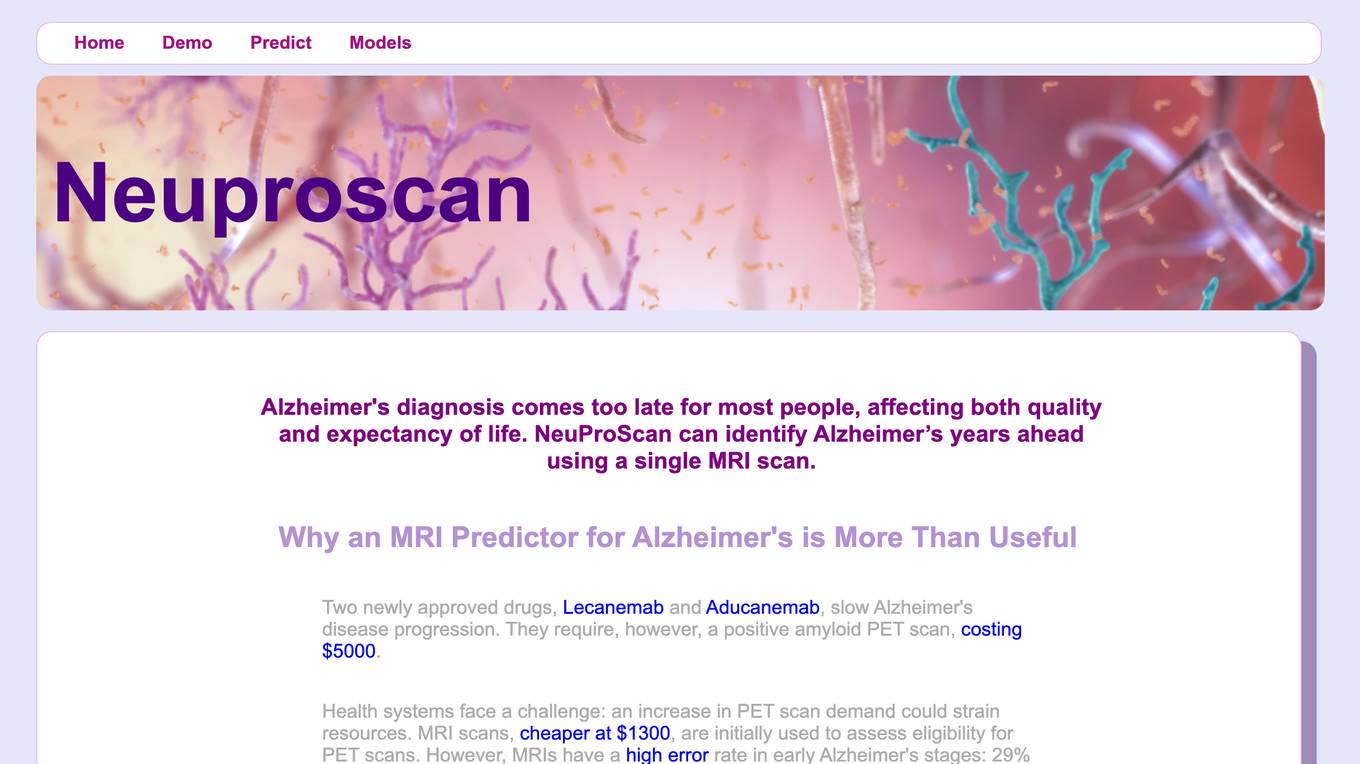
NeuProScan
NeuProScan is an AI platform designed for the early detection of pre-clinical Alzheimer's from MRI scans. It utilizes AI technology to predict the likelihood of developing Alzheimer's years in advance, helping doctors improve diagnosis accuracy and optimize the use of costly PET scans. The platform is fully customizable, user-friendly, and can be run on devices or in the cloud. NeuProScan aims to provide patients and healthcare systems with valuable insights for better planning and decision-making.
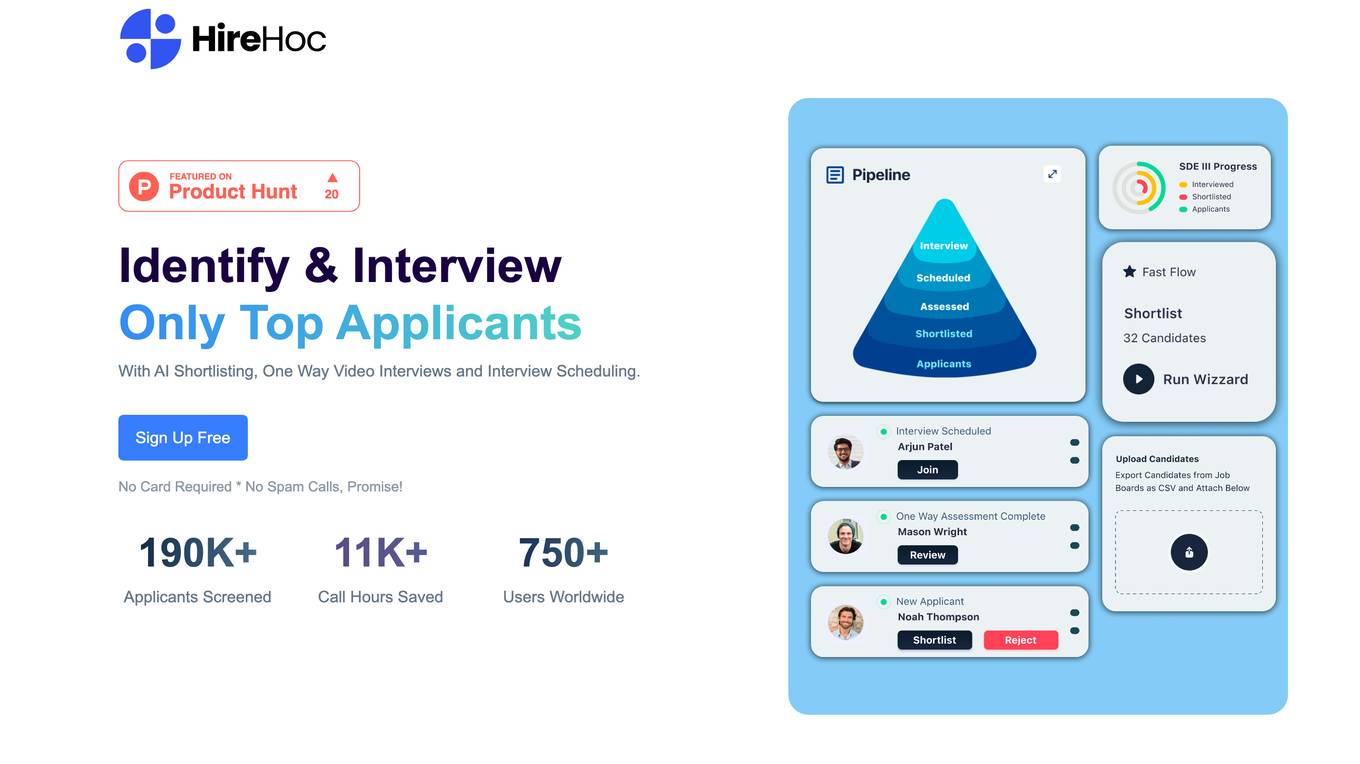
Hire Hoc
Hire Hoc is an AI-powered hiring tool that helps businesses identify and interview only the top applicants. With features like AI shortlisting, one-way video interviews, and interview scheduling, Hire Hoc can help you streamline your hiring process and make better hiring decisions.

watchID
watchID is an AI-powered tool that allows users to identify any watch instantly by simply snapping a photo. It leverages the largest watch database to provide comprehensive information about the watch, including its story, reference number, and where to acquire it. watchID also offers a marketplace where users can browse and purchase watches from various sellers. Additionally, it fosters a community of watch enthusiasts where users can share discoveries, get insights, and connect with fellow enthusiasts.
2 - Open Source AI Tools

MegaDetector
MegaDetector is an AI model that identifies animals, people, and vehicles in camera trap images (which also makes it useful for eliminating blank images). This model is trained on several million images from a variety of ecosystems. MegaDetector is just one of many tools that aims to make conservation biologists more efficient with AI. If you want to learn about other ways to use AI to accelerate camera trap workflows, check out our of the field, affectionately titled "Everything I know about machine learning and camera traps".
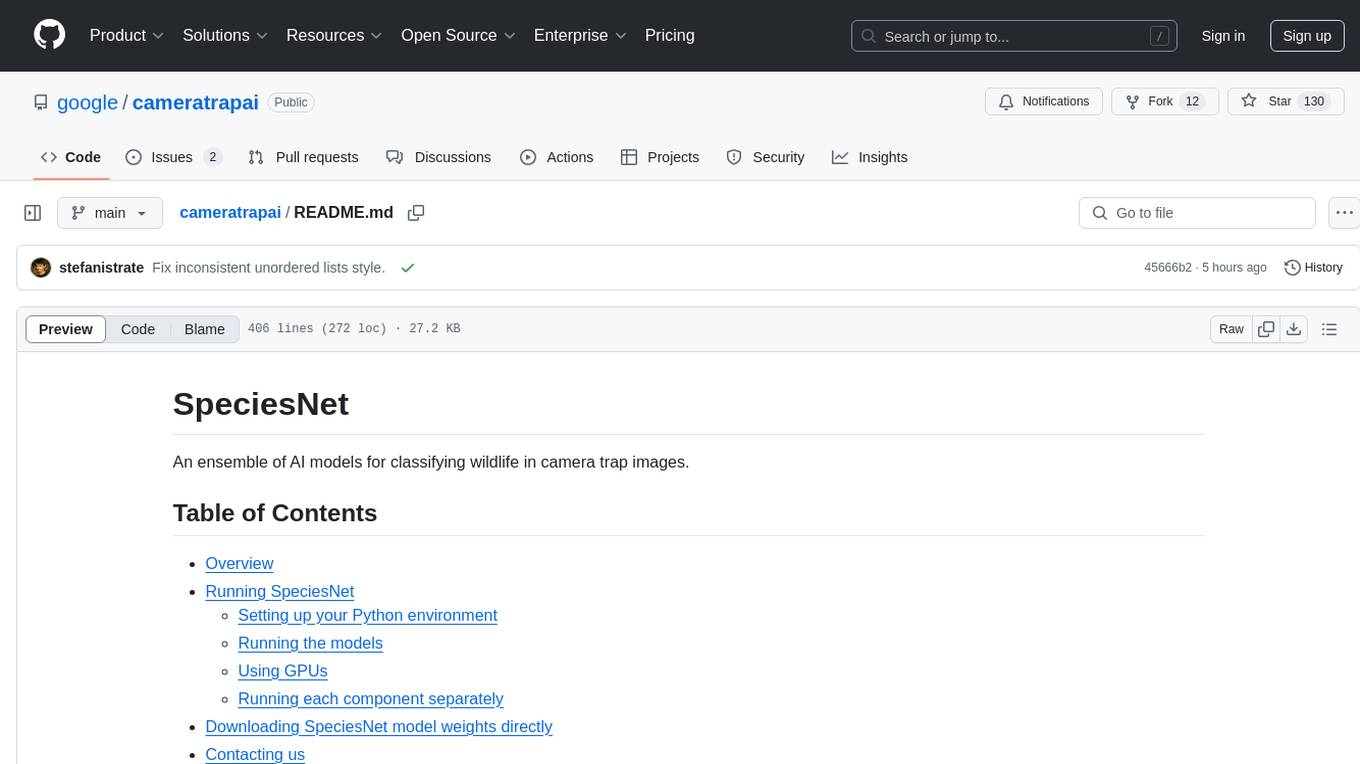
cameratrapai
SpeciesNet is an ensemble of AI models designed for classifying wildlife in camera trap images. It consists of an object detector that finds objects of interest in wildlife camera images and an image classifier that classifies those objects to the species level. The ensemble combines these two models using heuristics and geographic information to assign each image to a single category. The models have been trained on a large dataset of camera trap images and are used for species recognition in the Wildlife Insights platform.
20 - OpenAI Gpts
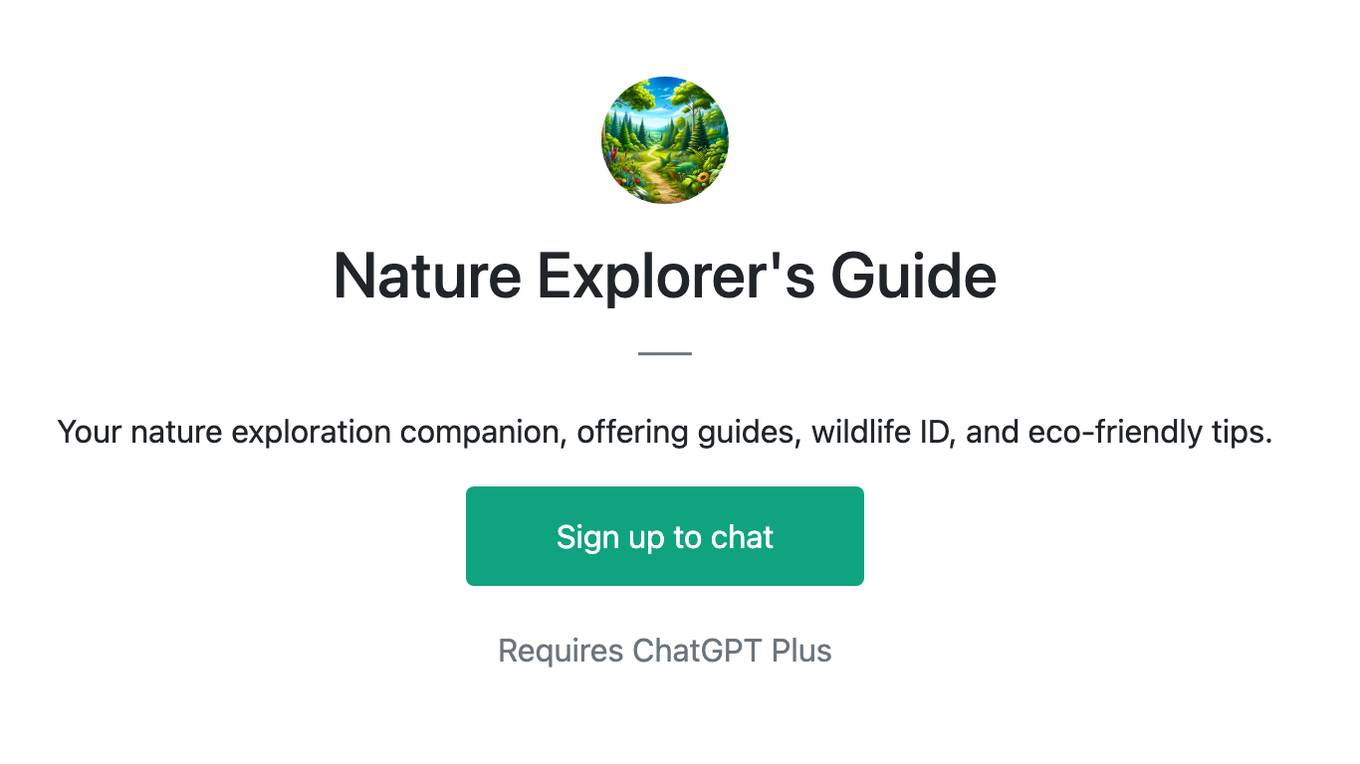
Nature Explorer's Guide
Your nature exploration companion, offering guides, wildlife ID, and eco-friendly tips.
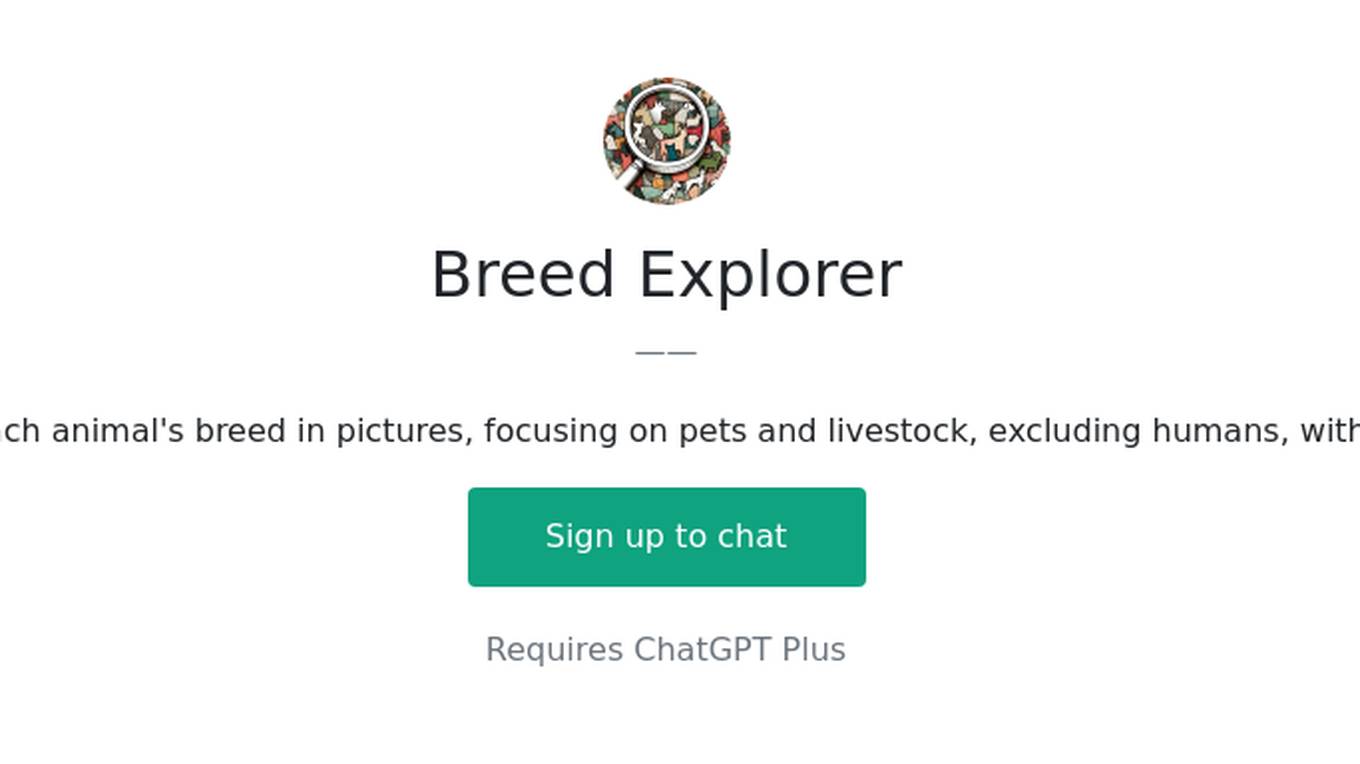
Breed Explorer
Identifies each animal's breed in pictures, focusing on pets and livestock, excluding humans, with care tips.
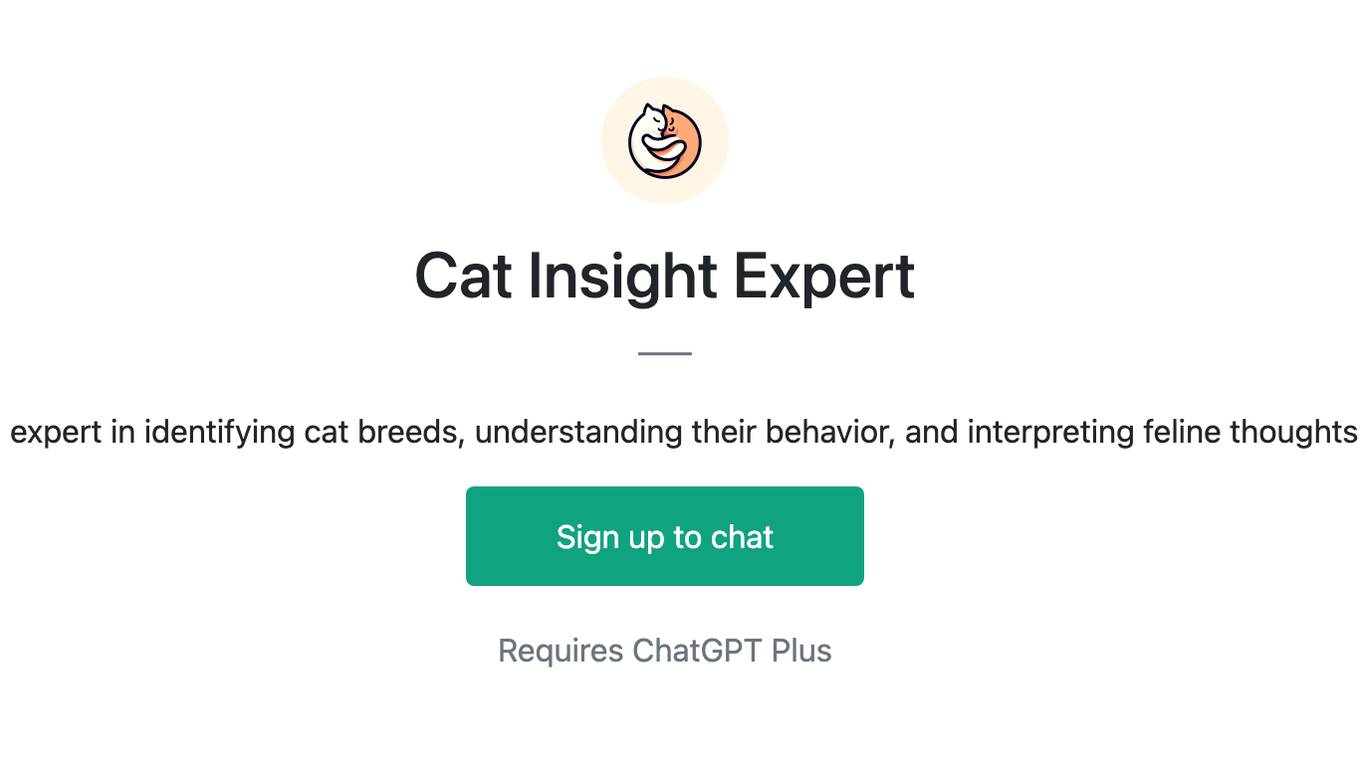
Cat Insight Expert
An expert in identifying cat breeds, understanding their behavior, and interpreting feline thoughts.
